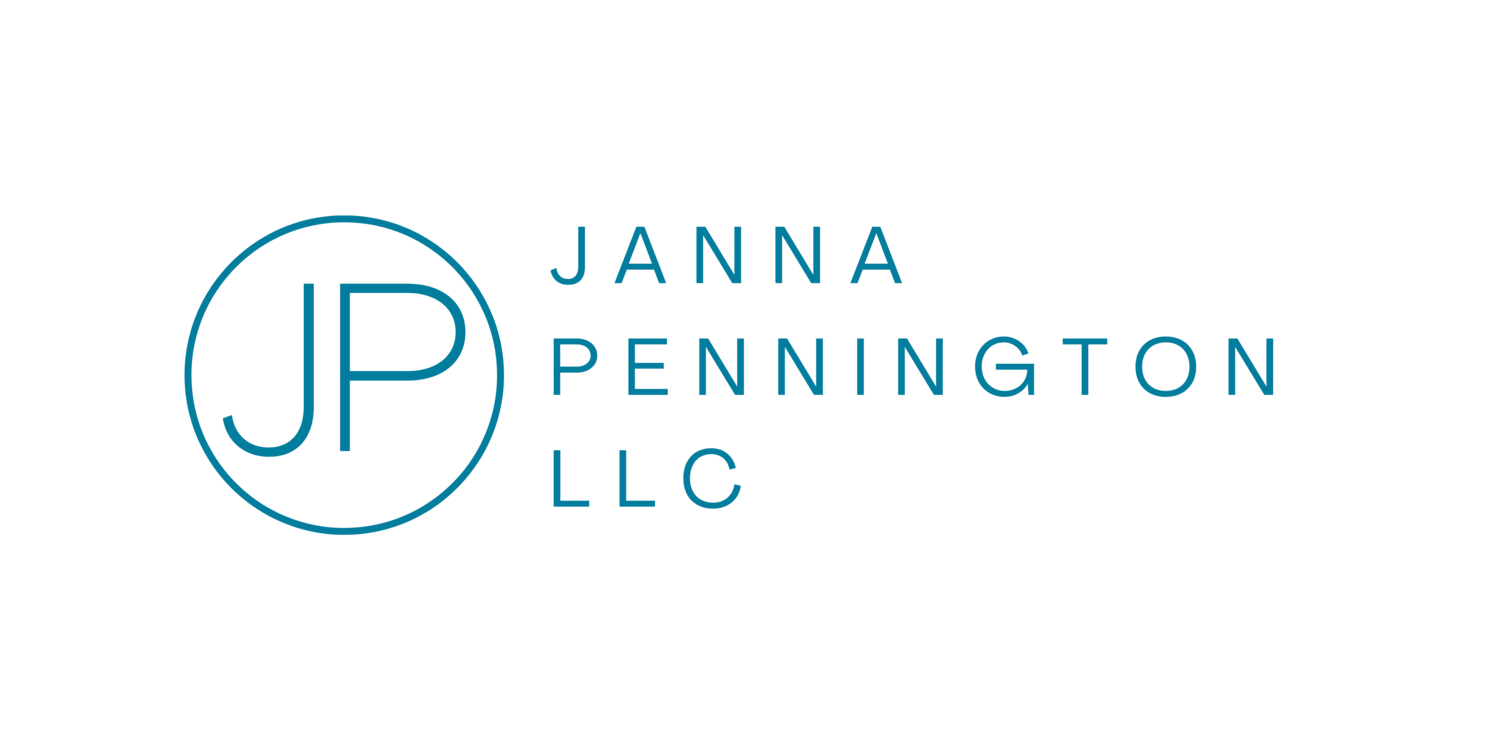In Defense of the Mid-Life Crisis
I am having a mid-life crisis.
But it’s not what you think. I haven’t bought a red sports car, gotten a facelift, or gambled away my savings at a Las Vegas casino. I’m not unsatisfied with my life and I don’t feel despair about getting older.
What I do feel is expanse, urgency, freedom. The world is big, my time is short, and I’ve got work to do.
In Falling Upward, Richard Rohr describes two “halves” of life. The first half of life is focused on establishing our identity—figuring out who we are, what type of work we want to do, and who we want to spend our lives with. Because we live in a “first-half-of-life culture,” we think that what happens in the first half is all there is. As a result, people often feel unsettled when they reach mid-life. What is a person supposed to do once they have established their career and family? It makes sense that someone might attempt to prolong the first half by trying to look younger or relive their youth in some way.
But the first half is not all there is.
Rohr says there is a “further journey” that awaits us if we are willing to let go of the first half and make space for something new. A mid-life crisis is not a problem but a turning point—an opportunity for new growth, discovery, and meaning.
I know from personal experience that the letting go and moving on is hard. Transitioning from the first to second half of life can feel like death because it requires questioning what we’ve known, who we’ve been, and where we want to go. The first half of life wasn’t easy, but at least we knew what was expected of us! It’s no wonder many people would choose to stick with what they know rather than embark on a new, uncertain journey.
On the eve of my 40th birthday, I am grateful for the mid-life crisis that has forced me to acknowledge my mortality, question my purpose, and get busy doing the work that I am called to do. In the first half of my life, I was committed to finding answers, seeking safety, and creating order. In the second half, I am choosing uncertainty, discomfort, messiness, and love. If you’ll join me, the mid-life crisis just might change the world.
